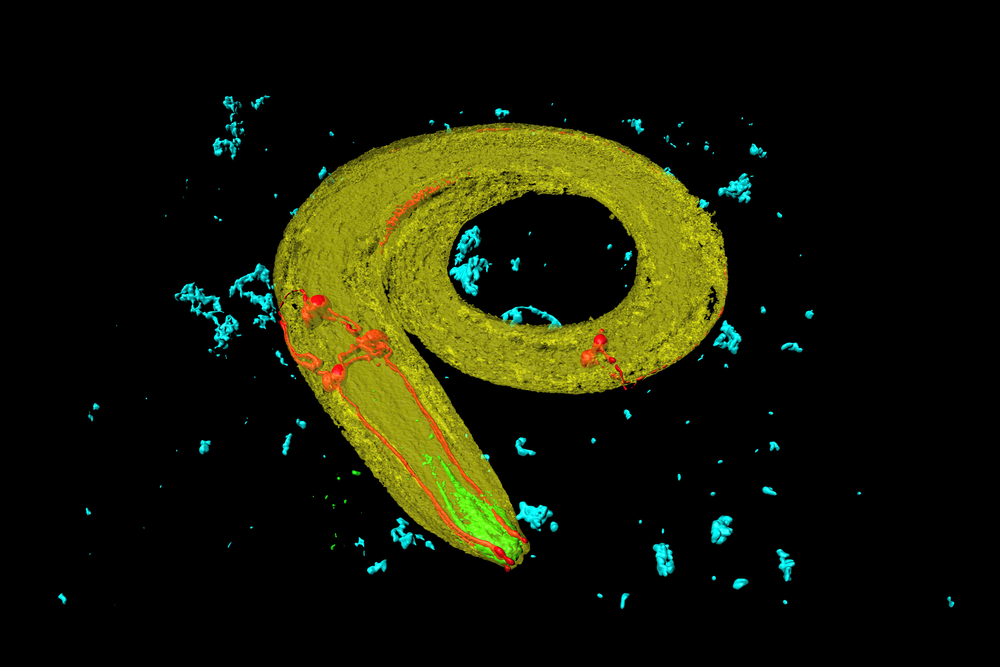Anti-Epileptic Drug Shows Potential in Neurodegenerative Diseases
Written by |

In a new study titled “Ethosuximide ameliorates neurodegenerative disease phenotypes by modulating DAF-16/FOXO target gene expression”, published in Molecular Neurodegeneration, researchers have discovered that ethosuximide, a commonly prescribed anti-epileptic drug, has protective and potential therapeutic effects for neurodegenerative diseases, such as Parkinson’s, Alzheimer’s and Huntington’s.
To investigate the effect of ethosuximide, researchers used two Caenorhabditis elegans models of neurodegenerative disease, which has become a popular organism for testing potential neuroprotective drug compounds. The two models included a C.elegans dnj-14 (neuroprotective gene) mutant, characterized by shorter lifespans, defective motor skills and neurodegeneration, and a C.elegans with overexpression of human mutant tau protein in its nervous system, leading to motility defects, neurodegenarion and accumulation of insoluble tau protein, whose mutant form is associated with neurodegenerative disease.
In both worm models, ethosuximide was found to improve the neurodegenerative phenotype and improve Tau proteostasis. Furthermore, researchers also studied the effect of ethosuximide in protein aggregation in mammalian neurons, observing it significantly decreased (20%) protein aggregate-containing neurons when compared to a non-treated control. The study focused on the modulating effect of ethosuximide in several genes and pathways. Namely, the drug was found to induce transcription of FOXO target genes, which have been linked to neuroprotection in a cell model of Huntington’s disease.
This study highlights the potential of ethosuximide as a neuroprotective therapy for neurodegeneration, given its effects on several neurodegenerative disease models and on the modulation of important genes of neuroprotection. Its advantages include good safety record, good tolerability to high doses, inexpensive to manufacture and high bioavailability. Study author Alan Morgan, professor of Cellular and Molecular Physiology at the University of Liverpool, commented on the results and future research plans, saying, “Our research suggests that ethosuximide has potential for repurposing as a treatment for multiple neurodegenerative diseases and provides a platform from which new medicines could be developed. Indeed, we are now actively pursuing this in current research with colleagues Professor Bob Burgoyne and PhD student, Shi Quan Wong. Eventually, we hope that our work will make a difference to those suffering from these debilitating diseases.”


